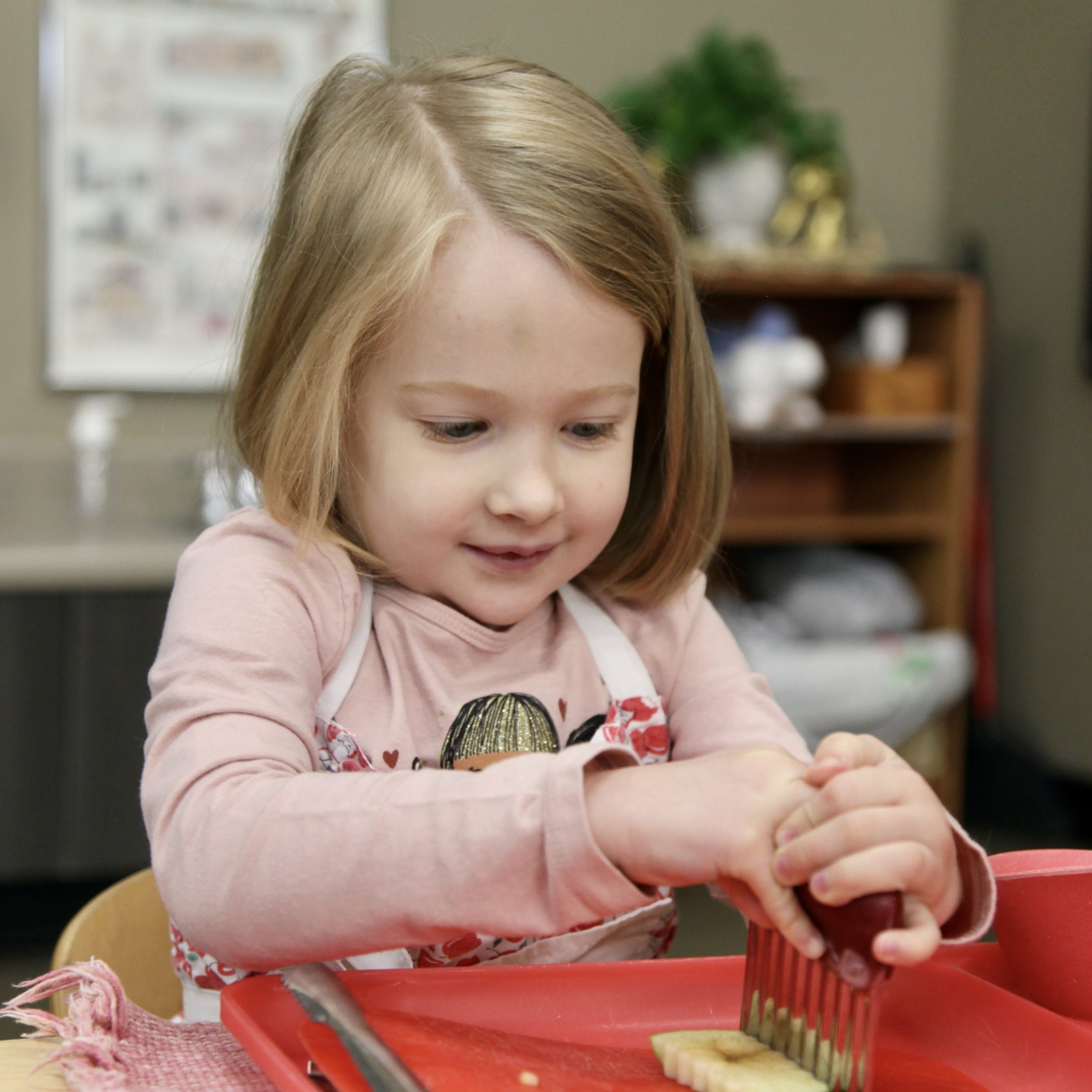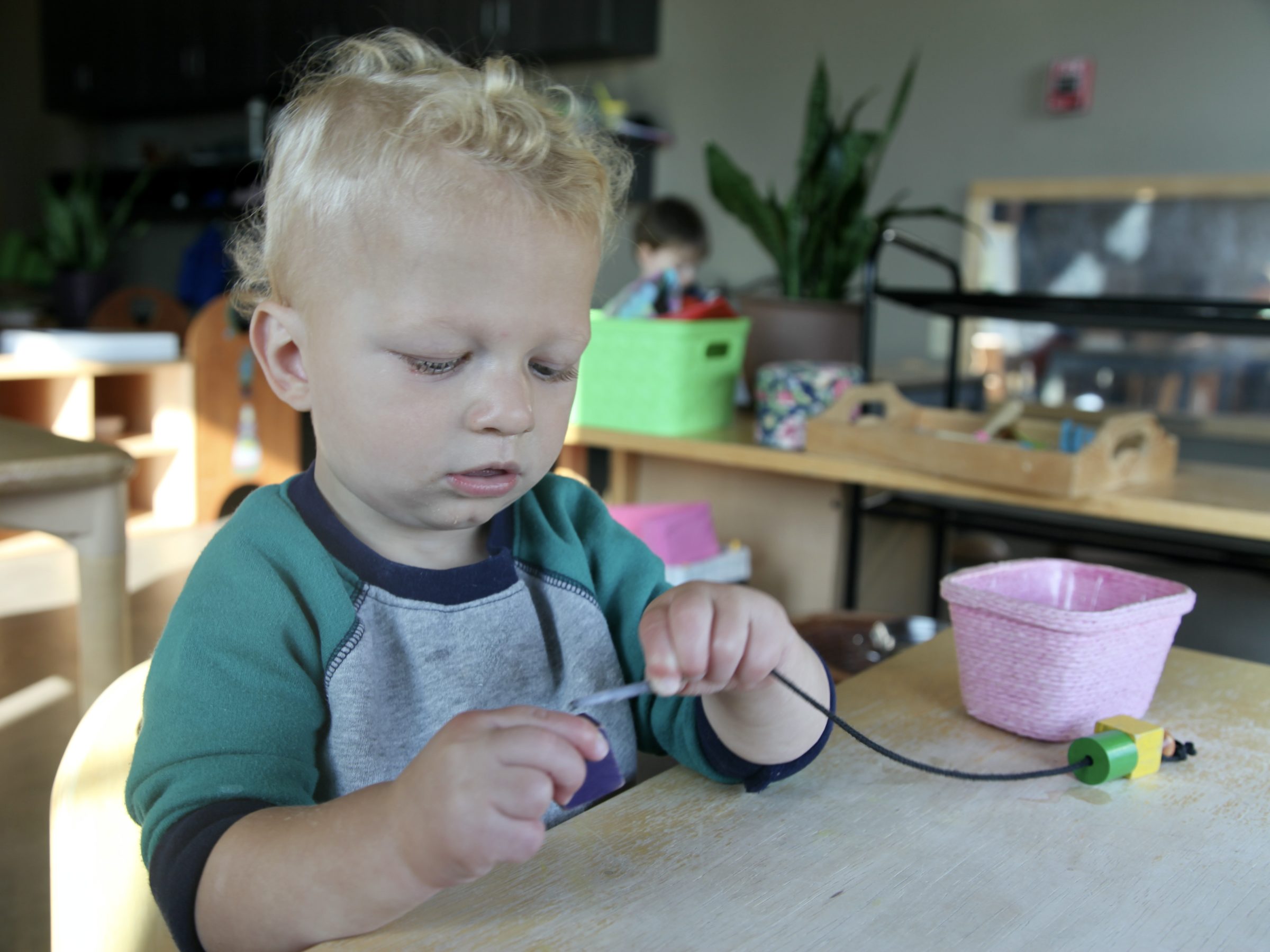Beautiful Consequences
Thoughts & Reflections
Consequence seems like such a negative phrase. Consequence is punishment, punitive, prison. I’m going to make you regret that mistake. You’ll absolutely learn from this experience, and I’m going to make sure of it.
Consequence has no innate negativity. The definition is, “a result or effect of an action or condition.” There’s nothing bad about it!
You always get the consequences you set up. If you decide to hit your friend, the consequence is that people might not want to play with you, or you might end up with a bruise yourself. In light of these consequences, a “time out” or forced apology is really, forgive the pun, of little consequence.
Conversely, when we are kind and treat others with respect, people enjoy our company, we’re surrounded by friends, and we’re missed when we’re not around. This is also a consequence of our behavior, no better or worse, no more logical or expected.
When we think of consequence, we’re typically thinking of external consequences. We’re thinking of punishments or rewards, we’re thinking of what we can impose to get the desired result.

Consequences are self-teaching. Consequences are beautiful. There is always a consequence, and sometimes we even learn from the consequence!
The consequence of getting ready quickly means we might have a few extra minutes to read a book or play with a favorite toy.
The consequence of deciding to ignore someone when they ask you do to something could mean fewer options, or could be that people don’t want to listen to you when you speak.
The consequence of helping to set and clear the table for dinner might be more time to play a game together.
The consequence of insisting you don’t need a coat is maybe you’re cold, or maybe it’s so cold you can’t be outside without a coat, and you stay inside while your classmates are enjoying the fresh snow.
These aren’t negative or positive in and of themselves. They’re simply the result of our behavior. It’s up to us whether or not they are learning experiences, and what lesson it is that we learn.
We can sometimes worry about coming up with a consequence for a child’s behavior, especially when they’re in a phase of testing limits or exerting their independence. Maybe the response to everything is no, or they’re in a particularly “I say up you say down” mood. Rather than wondering why time out isn’t working, or worrying about what we’re going to do next time a child displays the current challenging behavior.
What beautiful consequence is this child setting up? In the same way we don’t want to be doling out punishments, we also don’t want to necessarily reward a good behavior. Rewards can often be counterproductive, leading to a need for larger and greater rewards, when what we really want is for a child to simply get into the habit of making their bed most mornings without much reminding.
So, what consequences are there? If I need to help you, it means we won’t have time to sit together at the table and eat breakfast, instead we’ll just have time for oatmeal in the car. Either one of these is fine — a child is still well-nutritioned and the bed is made. The child gets to be in charge of which result they’d prefer.
Maybe when I decided going down the slide again after the time that was supposed to be “last time,” the consequence is that we need to end playtime five minutes earlier next time, so that we’re really sure to get to the next activity on time.
Perhaps I decided to keep picking at my sister after she’s asked me to stop, and after my mom has reminded me to leave her bit. She hit her limit and retaliated, and the consequence is that we need to play alone, since we decided not to treat one another with respect and kindness.
Or maybe I’ve been participating in family chores around the house, and now we have so much time to choose to do what we want and enjoy each other’s company, even enough time to watch a movie together, and popcorn goes so well with movies, don’t you agree?
“The child gets to be in charge of which result they’d prefer.”
This isn’t a reward. You didn’t participate in folding laundry and putting dishes in the sink because you were promised a movie at the end of a week. The other examples aren’t punishments. They’re not what I’ve decided I’m going to do to you for being bad. They’re beautiful consequences, the logical result of our actions.
The facts are, we cannot act however we want and get our desired results. We can’t stay up late and only eat junk food and expect to feel great the next day. We cannot be unkind and expect to have friends. We cannot, shall we say, have our cake and eat it too.
There are some actions for which the consequences are just too catastrophic. Jumping off bridges and running in the street come to mind, and it’s our responsibility to protect children from these experiences — the cost would be too high. Helping children understand and live with the consequences of their actions is responding, rather than reacting. It’s hard to remember any good learning experience from a time out. The consequences are where the real learning happens, and they’re always beautiful.
Written by:
Charlotte Snyder



